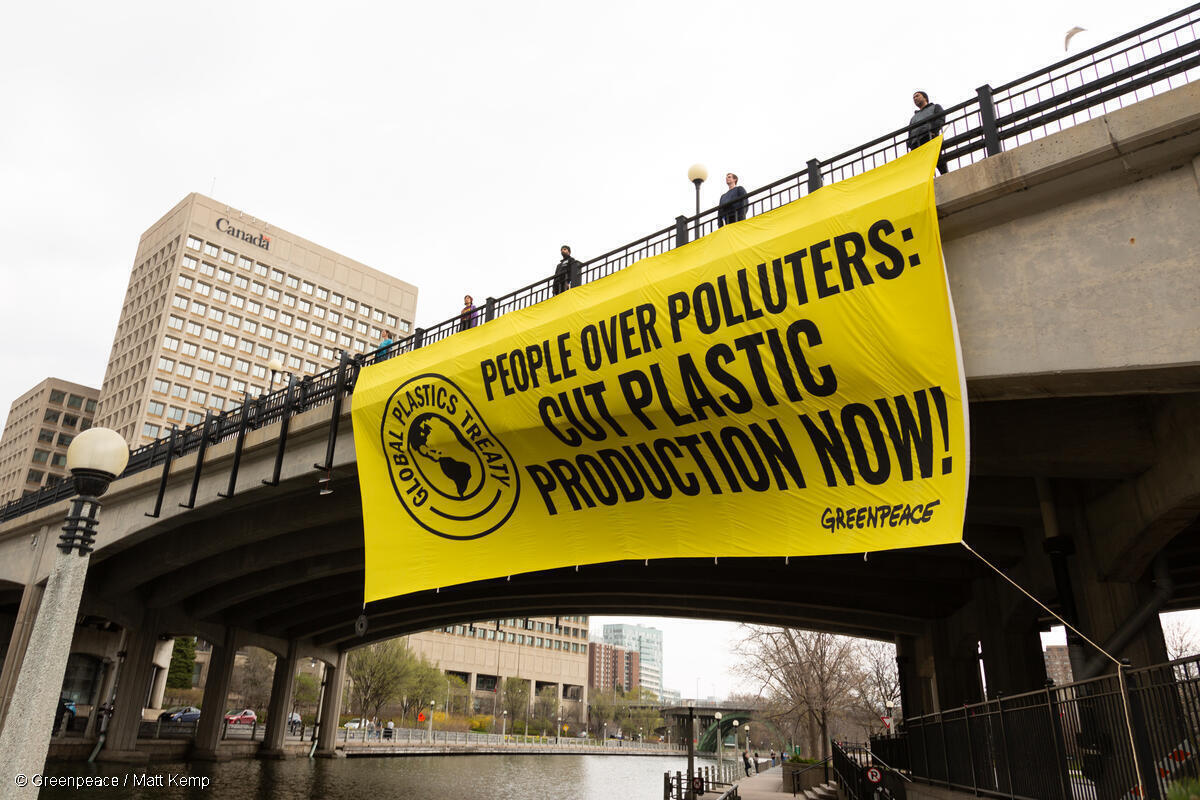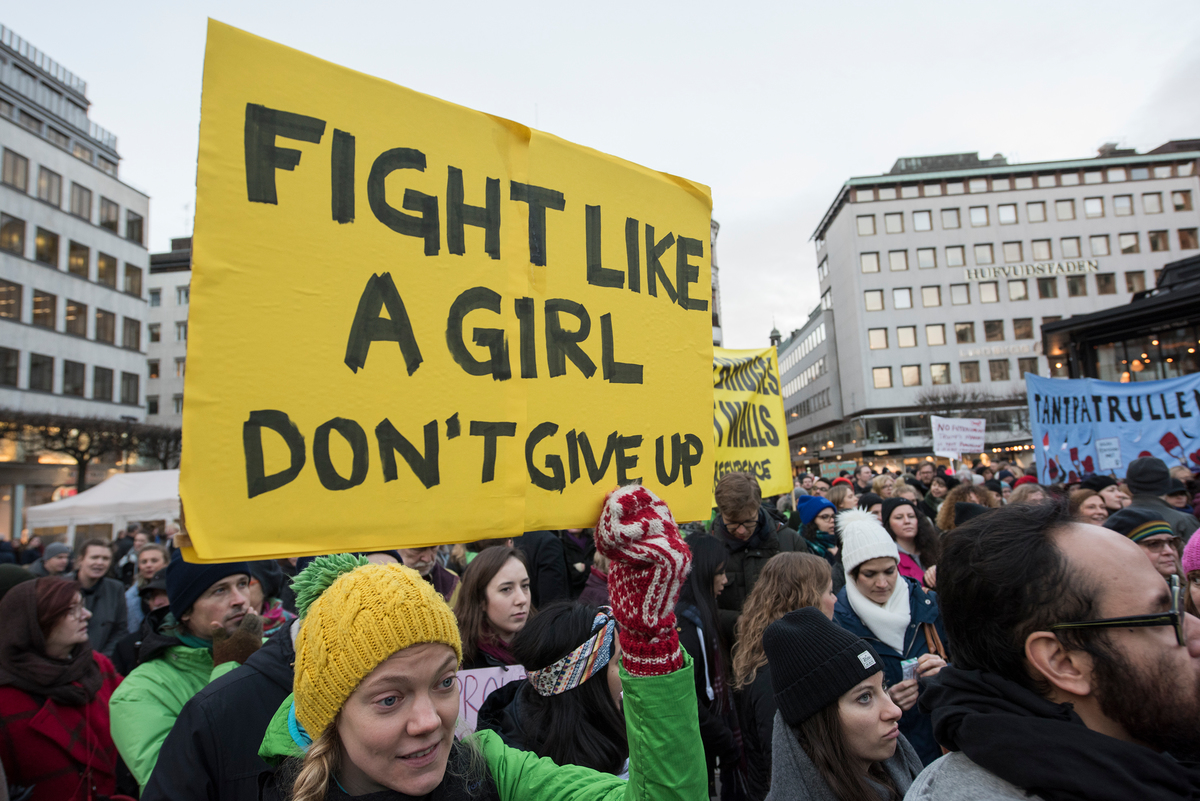When I ask successful activist-organizers this question they basically all say the same thing: you learn by doing it. You jump right in and start acting, usually by joining an existing group and soaking up all the knowledge you can, and most often from your mistakes.
That’s how it was for me too. I joined a grassroots community group working on environmental and anti-war campaigns twelve years ago and I’m still learning. Knowledge gained through experience is probably the most valuable, but as a seasoned activist I know that we lose a lot of precious time by letting new people to our movement start from scratch. With the threats to humanity and the planet so imminent, we simply don’t have time to waste. Are you asking the same question I have – there must be a another way?
Institutionalized educational programs about social change may sound like a good idea, but they are usually of limited use because the contexts and short-term goals of our work can shift a lot from year to year. They’re also most applicable to students who might be interested in the field, but not necessarily likely to get involved in social change work. You can learn broad strokes about how social change was made in the past, mainly in political science or sociology classes, but they tend to be overly theoretical. And even though a few academic programs do teach more practical skills, that doesn’t mean activists should just drop all the important change work we’re doing and enroll. Or that classes will be financially accessible or timed right for the people in the best position to use what’s being taught: those on the frontlines organizing to build power, reclaim human dignity, and ensure the survival of the planet.
The most useful “education” I’ve ever received about campaigning and social change aside from experience, has come from the activist community itself, through mentorship, issue-focussed gatherings, planning meetings, self-organized skillshares, and the powerful relationships we build over time. So the real questions becomes – how can we do this better?
In recent years there has been an upsurge in movement-led projects trying to share activist skills more broadly and efficiently. For example, Greenpeace Canada has been a member of Tools for Change for the past four years. A Toronto-based collective that organizes about 15-20 skill-based trainings a year on a range of important topics, from media relations and public speaking, to campaign strategy and meeting facilitation. Most of the trainings aren’t prescriptive; they facilitate learning through trainers and curriculum, but ultimately ask participants to share their experiences and apply the workshop content to their own groups and campaigns. They’re also taught by people working in the movement. It’s not learning to get a degree, it’s learning to win.
By partnering with other social change organizations to administer Tools for Change, we’re pooling resources so that more activists in our community get the 411 on social change and we’re not all organizing trainings for our own groups in isolation. There’s also the added benefit of movement building and collaboration, as different types of activists have the opportunity to share, learn and network. By focussing our trainings on concrete skills rather than abstract theories, participants are able to apply them immediately to the campaigns they’re working on and the goals of their groups.
When new members join your group, send them to one of our trainings to learn from other experienced activists. It not only speeds up their development, but it helps ensure that your core group doesn’t burnout constantly retraining others. There are scholarships available to make the program more accessible and partner organizations can send their members to Tools for Change trainings for free. (Click here to find out more about being a partner or community sponsor).
Greenpeace has also been organizing public Earth Defenders trainings and action camps, for our volunteers and people from the broader social change community who want to learn the basics of non-violent direct action (NVDA), organizing and campaigning. Non-violence and direct action are two of Greenpeace’s core values and NVDA is one of the most under-taught skills in our movement. Participants learn about the long-standing tactic of directly intervening in the issues that affect our lives and all the components needed to organize a successful action.

If you’re not in Toronto or near one of our trainings don’t fret, Greenpeace isn’t the only one trying to skill up our movement. Here are a bunch more movement-based organizations offering great trainings and educational tools that can help your group:
Do you know more stellar movement-led training programs I’ve missed? Please share them in the comments below!
Lastly, let’s not forget that despite these wonderful projects, movements for social change are built upon people-power and community action. That means, ultimately, to work together successfully we will always need to pass on our knowledge and skills to new folks in our groups and the broader movement. It’s up to all of us to pay it forward and not leave this work to the few people in our groups that seem to do it “naturally”.
So please go to trainings! Learn from the activist school of “doing” social change! Then be generous with what you’ve learned. If we continue to train and mentor each other, we’ll not only grow our movement, but we’ll build the community power needed to end social injustices and save the planet.
Natalie Caine is an organizer with Greenpeace Canada and a coordinator of Tools for Change in Toronto.



